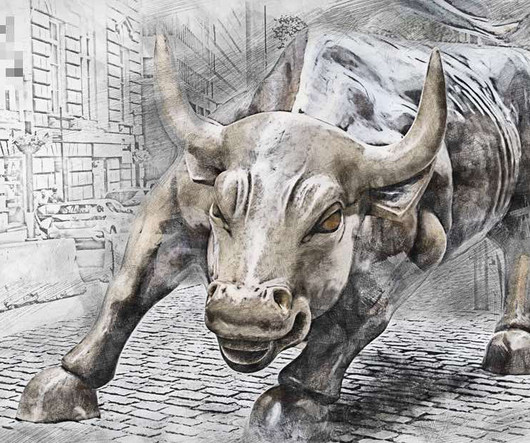Bank Valuation: Understanding Key Ratios and Metrics
Tom Spencer
OCTOBER 13, 2023
A higher ratio of fee income implies less traditional credit risk and less balance sheet usage (therefore higher ROE) but also implies greater market risk related to securities portfolios and potentially higher revenue volatility related to volatility in capital markets.



















Let's personalize your content